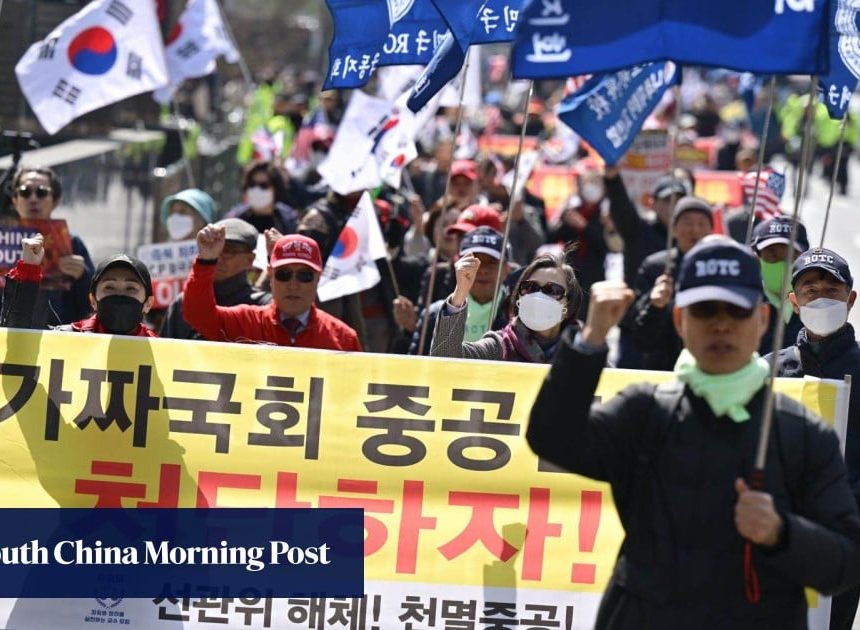I was sad to read about the death of Richard Gott (Obituary, 2 November), whose reports from Chile and Argentina in the 1970s revealed the atrocities committed by the dictatorships at the time.
While I was researching a book on British links to those regimes at the National Archives, his name came up again and again. During the early 1970s, a cold war propaganda unit, the Information Research Department (IRD), was based at the British embassy in Santiago. It encouraged journalists to take a pro-Pinochet stance. An IRD official at the embassy said: “We point them towards the new military authorities for contacts and background.” He hoped that the hours of briefings and the gin and tonics on the patio had achieved the desired effect. But the schmoozing did not work on Gott. The same diplomat noted “private mutterings” from the Chilean military, complaining of Gott’s reporting.
Gott later went to Argentina, after the coup in 1976, and was one of the first to report on the “disappeared”, opponents of the regime who were kidnapped. The Foreign Office saw him as one of the “triumvirate of Latin American correspondents who influence British opinion”, along with Hugh O’Shaughnessy and Christopher Roper.
Grace Livingstone
Centre of Latin American Studies, University of Cambridge
It was perhaps with a sense of irony that Richard Gott agreed to unveil a blue plaque to his ancestor, the textile magnate Benjamin Gott (1762-1840), in 2018. Given his own interests in armed struggle, Richard may have found it amusing that Benjamin almost certainly provided the textiles that were made into uniforms for opposing sides in the military conflicts of the day.
Martin Hamilton
Director, Leeds Civic Trust


